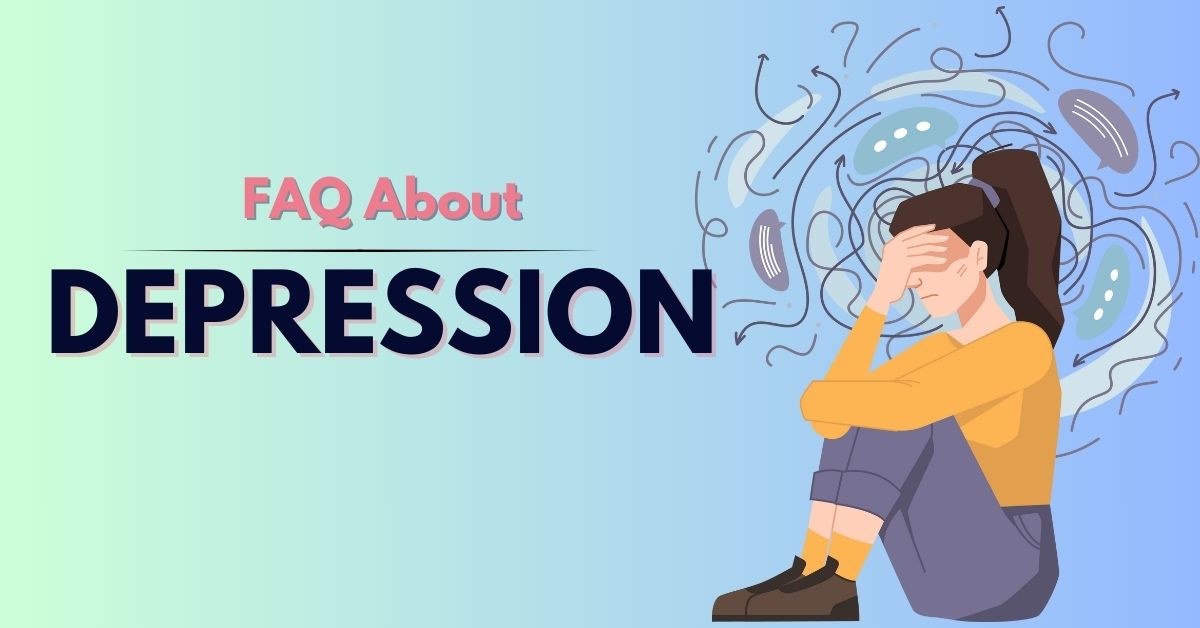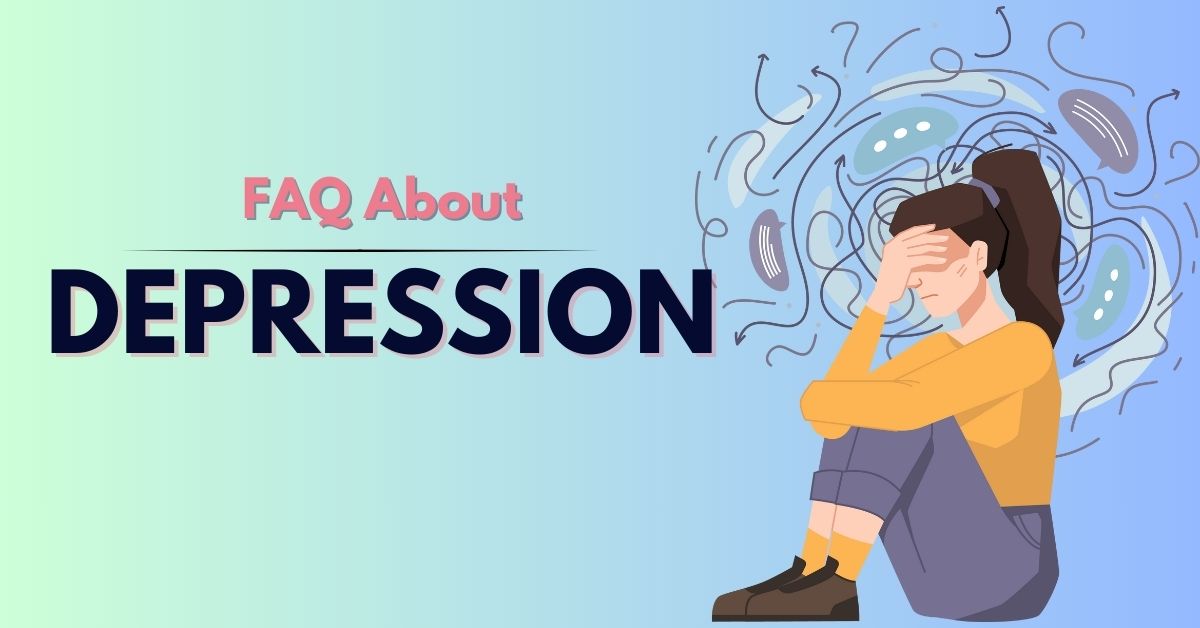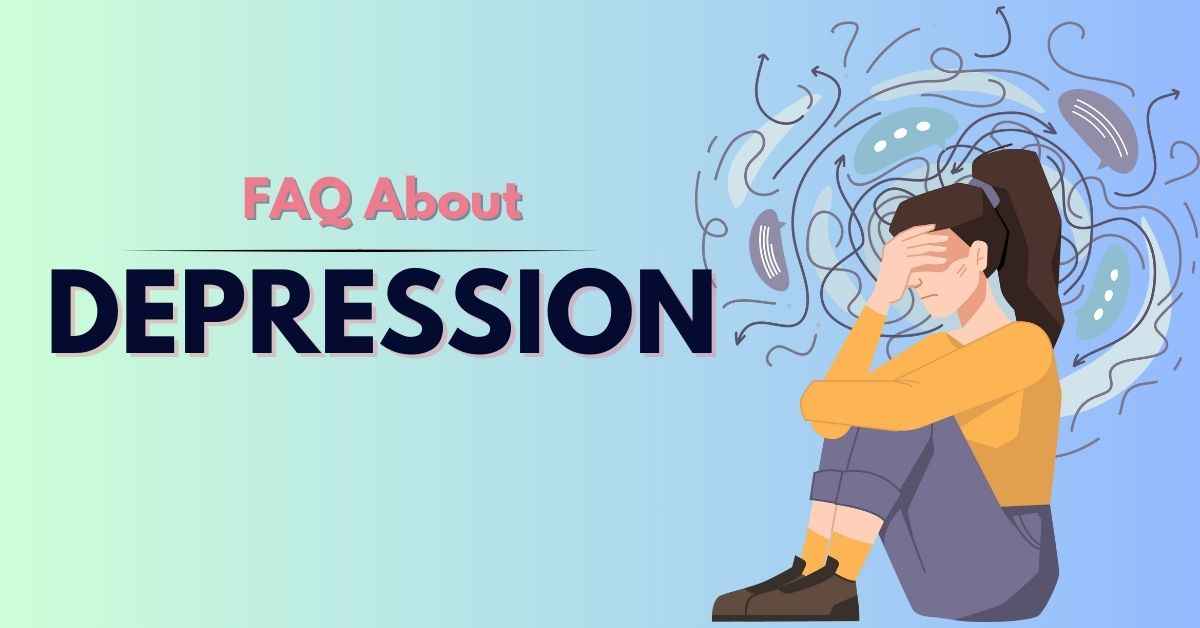Have you ever wondered if depression and anxiety are the same? At first glance, they might seem similar—both can leave you feeling overwhelmed and out of control. However, they are distinct conditions with unique symptoms and causes. Understanding the difference between them is crucial to getting the right help and support. Let’s dive into the details to uncover what sets these mental health challenges apart.
What Are Depression and Anxiety?
Depression and anxiety are both mental health conditions, but they’re not identical. Think of them as two sides of a coin—related but different. Depression is characterized by persistent feelings of sadness and a lack of interest in activities, while anxiety is marked by excessive worry and fear about future events.
Key Symptoms of Depression
Understanding depression starts with recognizing its symptoms. Here are some key indicators:
- Persistent sadness or emptiness
- Loss of interest in previously enjoyable activities
- Fatigue or lack of energy
- Difficulty concentrating
- Changes in appetite or weight
- Feelings of worthlessness or guilt
- Thoughts of death or suicide
Key Symptoms of Anxiety
Anxiety often manifests as physical and emotional responses to stress. Common symptoms include:
- Excessive worry or fear
- Restlessness or feeling “on edge”
- Racing thoughts
- Rapid heartbeat or chest tightness
- Sweating or trembling
- Difficulty sleeping
How Are They Different?
While there is overlap, depression and anxiety differ in focus. Depression pulls you into the past, making you dwell on feelings of regret or failure. Anxiety pushes you into the future, causing fear and apprehension about what might happen.
Common Causes of Depression
Depression doesn’t have a single cause; instead, it stems from a mix of factors:
- Genetic predisposition
- Traumatic life events (e.g., loss of a loved one)
- Chronic illness
- Hormonal changes
- Substance abuse
Common Causes of Anxiety
Anxiety is often linked to:
- Family history of anxiety disorders
- Stressful situations (e.g., exams, job interviews)
- Overactive brain mechanisms related to fear
- Substance withdrawal
Can You Have Both Conditions?
Yes, it’s possible to experience depression and anxiety simultaneously. This is known as comorbidity, and it can complicate diagnosis and treatment. For instance, someone may feel hopeless about the future (depression) while also worrying excessively about what’s to come (anxiety).
How Depression Feels
Depression can feel like you’re trapped in a dark room with no way out. It’s heavy, like carrying an invisible weight that holds you back from enjoying life.
How Anxiety Feels
Anxiety feels like being in a constant state of alertness, as though a storm is always on the horizon. Your mind races with “what ifs,” and your body reacts as if you’re in danger.
Diagnosing Depression and Anxiety
Mental health professionals use tools like the DSM-5 (Diagnostic and Statistical Manual of Mental Disorders) to diagnose these conditions. Diagnosis often involves:
- Detailed questionnaires
- Medical history review
- Discussion of symptoms
Treatment Options
Treatment varies based on the condition, but options include:
- Therapy: Cognitive Behavioral Therapy (CBT) is effective for both.
- Medication: Antidepressants for depression, and anti-anxiety medications for anxiety.
- Support Groups: Sharing experiences with others can provide relief.
Lifestyle Tips for Coping
Simple changes can make a big difference:
- Exercise: Regular physical activity boosts mood.
- Healthy Diet: Nutrient-rich foods support brain health.
- Mindfulness: Practices like yoga or meditation calm the mind.
- Sleep Hygiene: Maintain a regular sleep schedule.
When to Seek Professional Help
If symptoms interfere with your daily life or lead to thoughts of self-harm, it’s time to reach out to a mental health professional. Early intervention can significantly improve outcomes.
The Importance of Awareness
Raising awareness about depression and anxiety reduces stigma and encourages people to seek help. Open conversations and education can make a world of difference.
Conclusion and Key Takeaways
Depression and anxiety are distinct but often interrelated conditions. Understanding their differences, recognizing the symptoms, and seeking appropriate help can lead to a better quality of life. Remember, you’re not alone, and help is available.
Also Read: Can Depression Be Cured?
FAQs
Q: Can anxiety turn into depression?
A: Yes, prolonged anxiety can sometimes lead to depression, especially if left untreated. The two conditions often feed into each other.
Q: Are depression and anxiety genetic?
A: Both conditions can have a genetic component, but environmental factors also play a significant role.
Q: How long do depression and anxiety last?
A: The duration varies. They can be short-term or chronic, depending on individual circumstances and treatment.
Q: Can lifestyle changes cure depression and anxiety?
A: Lifestyle changes can help manage symptoms, but they may not “cure” the conditions. Professional treatment is often needed.
Q: What should I do if someone I know is struggling?
A: Offer support, listen without judgment, and encourage them to seek professional help. Let them know they’re not alone.



